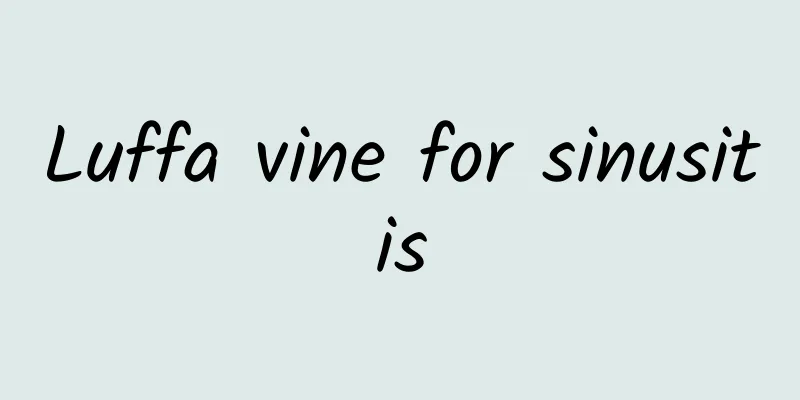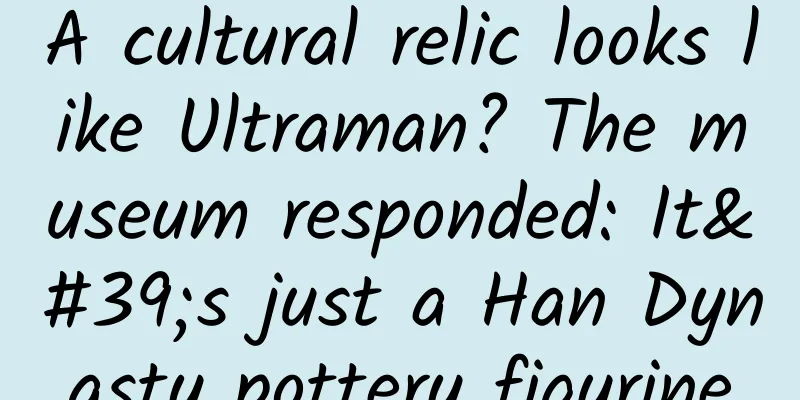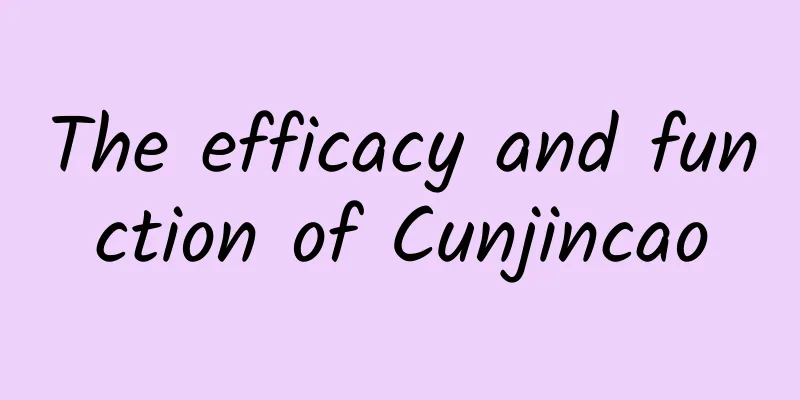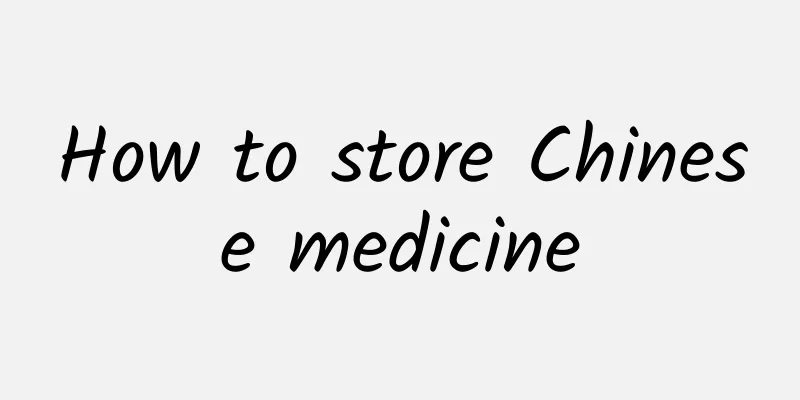Luffa vine for sinusitis

|
Sinusitis can cause postnasal discharge, general weakness, and depression. Because it is difficult to cure, people's physical constitutions are different, and the methods of treating sinusitis are also varied. In addition to conventional treatments, there are also some small methods, such as using loofah vines to treat sinusitis. When it comes to loofah vines, the first thing that comes to mind is definitely loofah and loofah porridge. Just thinking about it makes me hungry, but how can loofah vines treat sinusitis? Let me show you: Traditional Chinese medicine believes that loofah vines are bitter, slightly cold, and slightly poisonous. They enter the heart, spleen, and kidney meridians. Their effects are to relax muscles, promote blood circulation, strengthen the spleen, and kill insects. "Medical Biography" says, "To treat constant discharge of smelly yellow water from the nose, and even occasional brain pain: burn the loofah vine about three to five inches near the root, grind it into fine powder, and take it with wine." The practice of doctors in past dynasties has proved that loofah vines have a good effect in treating sinusitis. Modern research has found that the main component of loofah vine is loofah vine saponin, which has antitussive and expectorant and antibacterial effects. Prepare an old loofah vine, which should be several meters long, generally one and a half to two meters. Then place the loofah vine in the sun until it is dried. Then cut the dried loofah vines into several sections and bake them on tiles until they are half-burnt. Then grind them on a panel until they are ground into fine powder and put them into a clean bottle for later use. When using, clean the nasal mucus in the nasal cavity, wipe the nasal cavity with a clean cotton ball, then use a thin plastic tube to blow the loofah vine powder into the nasal cavity, and finally plug the nostrils with a dry cotton ball. This method is best used before going to bed at night. Conventional treatments for sinusitis include: 1. Drug treatment of sinusitis: Anti-inflammatory drugs have a certain effect when they are first taken, but the effect is slow. In addition, taking too much anti-inflammatory drugs will have serious side effects on the human body, causing disorders in the patient's body metabolism, reducing the body's immunity, and easily causing other complications. 2. Surgical treatment of sinusitis: General traditional surgical treatment for stubborn diseases such as apical sinusitis is generally only a temporary solution and not a cure for the root cause. It is difficult to cure it in one go and is prone to relapse, which not only increases the pain of the patient, but also brings great mental stress and heavy financial burden to the patient. 3. Microwave treatment for sinusitis: Using microwave surgical treatment machine, this treatment method is more advanced than the previous two, but because it only removes the surface, it cannot achieve a complete cure and is also prone to recurrence. |
<<: Taboos on eating dandelions
>>: Can Houttuynia cordata cure sinusitis?
Recommend
How many days does it take to get menstruation after eating motherwort?
Female friends often have irregular menstruation,...
Can I put the leftover mooncakes in the refrigerator?
The Mid-Autumn Festival holiday is over Most peop...
The efficacy and function of Sichuan red light leaves
As people's research on traditional Chinese m...
The efficacy and function of bamboo forest mark
Traditional Chinese medicine culture is profound ...
The efficacy and function of dianthus
Ganoderma lucidum is a commonly used medicinal ma...
Chinese Herb Drynaria
Speaking of the traditional Chinese medicine Dryn...
The guy inserted a catheter into his own heart and won a Nobel Prize!
This article was first published by Hunzhi (WeCha...
What are the effects of Bletilla striata powder
Most people may not know what Bletilla striata po...
The efficacy and function of yellow flower
There are many common Chinese medicinal materials...
The stigma embraces the anther more than love! For pollination, plants also fight hard
Produced by: Science Popularization China Author:...
The efficacy and function of white stem scorzonera
Only when we understand the main ingredients of a...
5 things you may not know about fried chicken
Who can resist a piece of fried chicken? Golden a...
The efficacy and function of Akebia trifoliata
Xiaomutong is a medicinal material frequently use...
The efficacy and function of Angtianlian
Angtianlian is a traditional Chinese medicinal ma...
The efficacy and function of grass dragon
Grass dragon is a traditional Chinese medicinal m...









